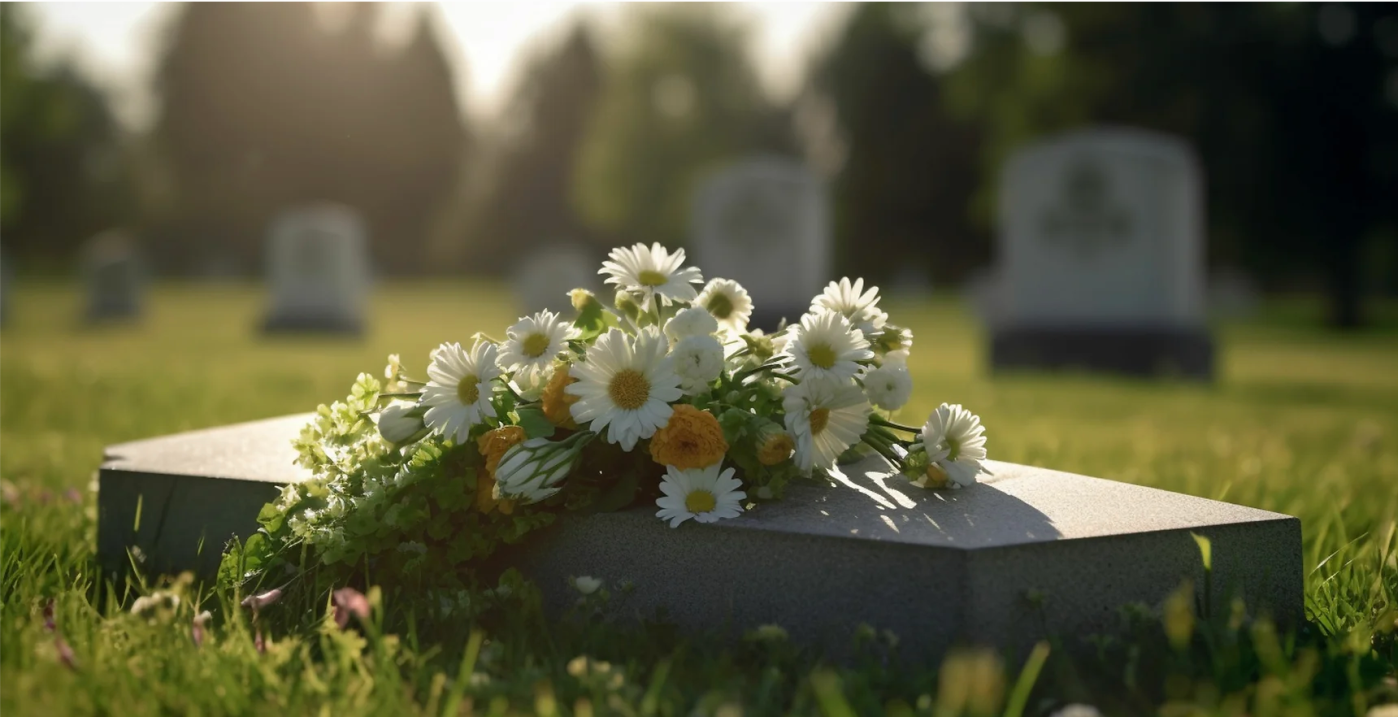Readings: Click Here
All Souls Day is a day to remember and to pray for all those who have died: our family, and friends, and those who have no one to pray for them, that they would pass through the purification of purgatory and enter into heaven. This is also a day for us to remember our own mortality–that we are on a very short pilgrimage through this life on our way to the next–and how we live now determines what comes next for us.
In today’s Gospel reading, we see that God the Father has entrusted us into the custody of His Son. And the Son’s task is to work to save us, that He would not lose anyone that the Father has given Him. Jesus Christ is our shepherd, and we are the sheep of His flock. God the Father has charged His Son with coming into our world and finding each one us, saving us, drawing us to Himself and through Him to the Father. Like a good shepherd, Jesus goes out in search of all of His lost sheep. Our whole life long, Jesus comes searching for you, for me, for every person, and He labors to try and save us. Jesus, however, is unlike any earthly shepherd because He willingly lays down His life for His sheep, that His body stretched out on the Cross, would be the bridge for us cross over from our dangerous life of sin, over the ravine of death, back to the Father’s homeland from whence we came.
We are meant to be moved by the scene of our Good Shepherd stretched out on the Cross, by the image of His dead body fixed there, “that everyone who sees the Son and believes in him may have eternal life…” If during this life we choose to unite ourselves with Christ in His death—if we are buried with Him by dying to sin—then we will also rise with Him from the dead to eternal life.
Death is not something that is easy or comfortable for us to think about or talk about. And death is something that the secular world rebels against, in vain. In the Office of Readings in the Liturgy of the Hours today, St. Ambrose gives a powerful reflection on bodily death. He states: “[In the beginning,] Death was not part of nature; it became part of nature. God did not decree death from the beginning; he prescribed it as a remedy. Human life was condemned because of sin to unremitting labor and unbearable sorrow and so began to experience the burden of wretchedness. There had to be a limit to its evils; death had to restore what life had forfeited. Without the assistance of grace, immortality is more of a burden than a blessing… Death is then no cause for mourning, for it is the cause of mankind’s salvation. Death is not something to be avoided, for the Son of God did not think it beneath his dignity, nor did he seek to escape it.”
St. Ambrose goes on to explain what we must do now, during our short earthly pilgrimage before the unavoidable day when we will die: “The soul has to turn away from the aimless paths of this life, from the defilement of an earthly body… We should have a daily familiarity with death… By this kind of detachment our soul must learn to free itself from the desires of the body. It must soar above earthy lusts to a place where they cannot come near, to hold it fast… Let us then be exiles from our body, so as not to be exiles from Christ. Though we are still in the body, let us not give ourselves to the things of the body. We must not reject the natural rights of the body, but we must desire before all else the gifts of grace.”
In the Rule of St. Benedict, St. Benedict exhorts us to keep death daily before our eyes, “not to trouble us but to keep us ready. There is nothing more conducive to peace than to feel oneself thus prepared to welcome without danger the hour of death and that of judgment” (Simon 78). Today we must each ask ourselves: Am I ready to die? We know neither the day nor the hour when our death will come. Is our life in order? Have we turned away from all sin? Have we reconciled with everyone with whom we need to reconcile?
Let us remember and pray for our beloved dead and for those who have no one to remember or pray for them. Let us keep our own death before our eyes, remembering how temporary this earthly life is, and let us turn our hearts back with renewed devotion to the One who made us and gave Himself up for us, that we might be united with His eternal love now and in the life to come. For those who love and live for Our Lord and Savior Jesus Christ, death no longer has any power or any sting. We need not fear death because of the victory and resurrection of the Son of God. May the souls of the faithful departed through the mercy of God rest in peace, and may you and I live our lives in such a way—with Christ and for Christ—that we may join the faithful departed at the heavenly banquet.

Leave a comment